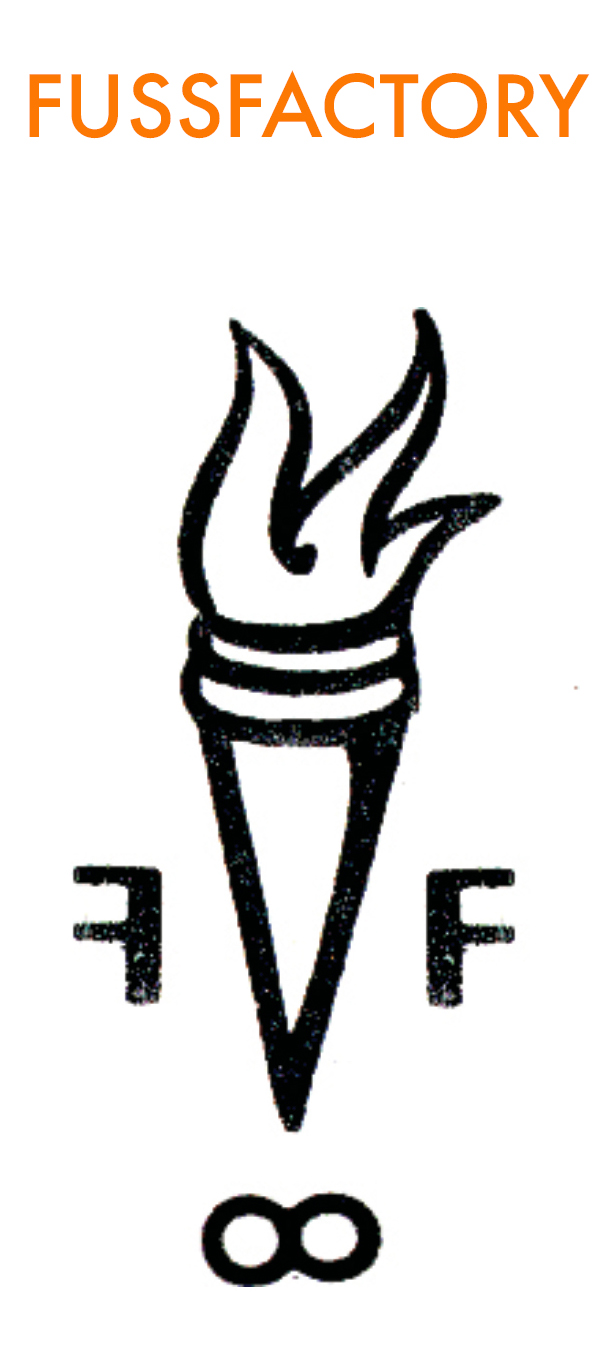#sparkchamber 071921 — Holly Harris
In these particularly trying times, it’s empowering to know that someone is on your side, fighting with you. That’s why #sparkchamber is super psyched today to spotlight peer, advocate, and changemaker, Holly Harris. A Post-Secondary Peer Support Specialist at Ontario Shores Centre for Mental Health Sciences, a.k.a. Ontario Shores, Holly is working on a project to bring Recovery Colleges into the post-secondary space. Recovery Colleges are peer-led mental health and wellbeing learning centers with courses co-designed by students for students. Ontario Shores is a leader in this area, having established the first Recovery College in a mental health context in Canada, and is a trailblazer in expanding Recovery Colleges into non-traditional settings. Typically found in community or hospital environments, Ontario Shores is partnering with post-secondary institutions to bring this offering into that domain.
As a post-secondary student with her own lived experience of mental health challenges, Holly leverages her personal, professional, and academic background in mental health research and critical-disability studies to ensure that the voices of those with life-world understanding are at the forefront of mental health program development and delivery. Her role is to mobilize the collective voice of her peers to create and sustain these powerful communities, and to progress the post-secondary Recovery College movement forward.
Thank you for the work you do, Holly Harris!
1.] Where do ideas come from?
My role is to come up with ideas to help others come up with ideas. I am invested in highlighting and amplifying the voice of my community. I am not here to speak for every post-secondary student navigating wellness, but rather to mobilize the collective voice to inform the planning, development, and delivery of mental health programming in post-secondary institutions. When coming up with ideas on how to engage my community, I leverage my lived experience. What would make me want to engage? What would help me be creative? What would make me comfortable to speak up? I always reaffirm to my community that we are experts in our own experience. We know our needs better than anyone else.
2.] What is the itch you are scratching?
I have been a consumer of the psychiatric system for 17 of my 25 years. I experience significant mental distress. I know firsthand how challenging it can be to navigate wellness as a post-secondary student. I have found so much meaning and purpose in leveraging these experiences as a strength and as a source of expertise. I want to empower others to make their wellness a priority and to leverage their experiences in ways that are meaningful to them. As post-secondary students, we have so many competing priorities. I always say to my peers, you spend about 13% of your life in school, 30% at work, but you spend 100% of your life with yourself. You are your life’s greatest project. You are a worthwhile investment.
3.] Early bird or night owl? Tortoise or hare?
I am so fortunate that my passion is my vocation. When you are so passionate about what you do, it can be so easy to become overzealous. I consistently have to remember that progressing the peer support movement and transforming the mental health system is a marathon, not a sprint. Excessive ambition is the first sign of burnout. If I am burnt out, I am not going to be as effective as I can be. Balancing all domains of my life is essential. My initial inclination is always going to be the hare, but I have to remind myself it is okay to take my time to do it right.
4.] How do you know when you are done?
When progressing a movement, there is always more to do. With individual Recovery College programs, I know I can take a back seat once students are engaged and excited about the programming. My job is to work with students to establish these programs and then build capacity so that students from each school can run it themselves. Then my job becomes less hands-on and is more about being a coach, a mentor, and a cheerleader. With 220 post-secondary institutions in Canada, there is a lifetime full of meaningful and important work ahead of me and I cannot wait to see where this goes.


